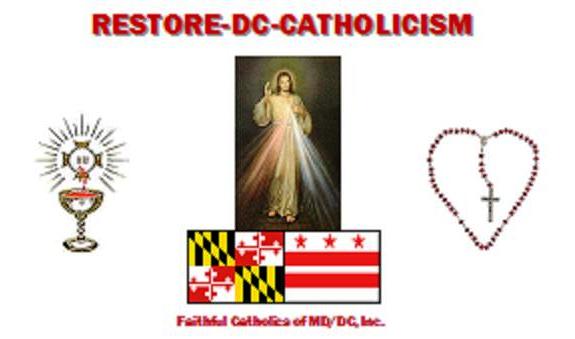In order to address the problems currently facing the Church, it behooves us all to try to examine just how these problems came to be. Quite a few people point to the Vatican II Council in the mid 1960s as the start of the Church's problems. Many sedevacantists seem to be of that opinion. Some deeper thought into the matter makes plain the illogic behind that somewhat simplistic theory. While the misapplications of the proceeds of the Council may have made the problems apparent, by no means did the problems originate from the council.
Common sense only makes that clear. The same crowd that blames Vatican II claims that a number of mefarious bishops undermined the Church via that council. Well think about it for a minute. I tend to concur that some bishops were clearly off the wall. But when did those individuals become bishops? Clearly they weren't ordained the day before the Council started. Many of them were occupying high positions in the church long before the start of the Council.
Quite a few of the pre-conciliar but modern popes saw problems on the horizon. Pope Leo XIII, to address the problems, wrote prayers for the protection of the Church and directed that they be said after every Low Mass; the very familiar Prayer to St Michael is one of those prayers. Pope St Pius X wrote Pascendi Dominici Gregis and Lamentabili Sane to address specifically the growing threat posed by modernists.
Clearly modernism was a threat and it had made footholds within the Church. How? I came across a book put out by TAN Publishing. It's called Christ Denied and was written by Rev Paul A Wickens. The author delves into what he believes were the origins of the problems with clerical formation in Europe during the early 1900s. He focused on three priests who embraced modernism and who were influential teachers. The first was George Tyrrell, a British Jesuit. He had profound influence over the second, Teilhard de Chardin. I've attempted to read one of the works of the latter - talk about a convoluted mess. But that's how he got away with spreading error. He influenced many, including American seminarians sent to Europe to "study" - and lose their faith. A German pupil of Chardin's was Karl Rahner. I do recommend that you read it. Go to the website of TAN Books and search the title and author. I don't believe Father Wickens supplied the entire picture, but I suspect he supplied a crucial part.
The Ass And The Saint
5 hours ago






To understand at least part of the reason Karl Rahner was not a good influence on the Church, see this:
ReplyDeletehttp://www.cfnews.org/rahner.htm
A human being is a unit -- if there is emotional immaturity, there will be spiritual immaturity, and there WILL be an impact on the person's intellectual work as well.